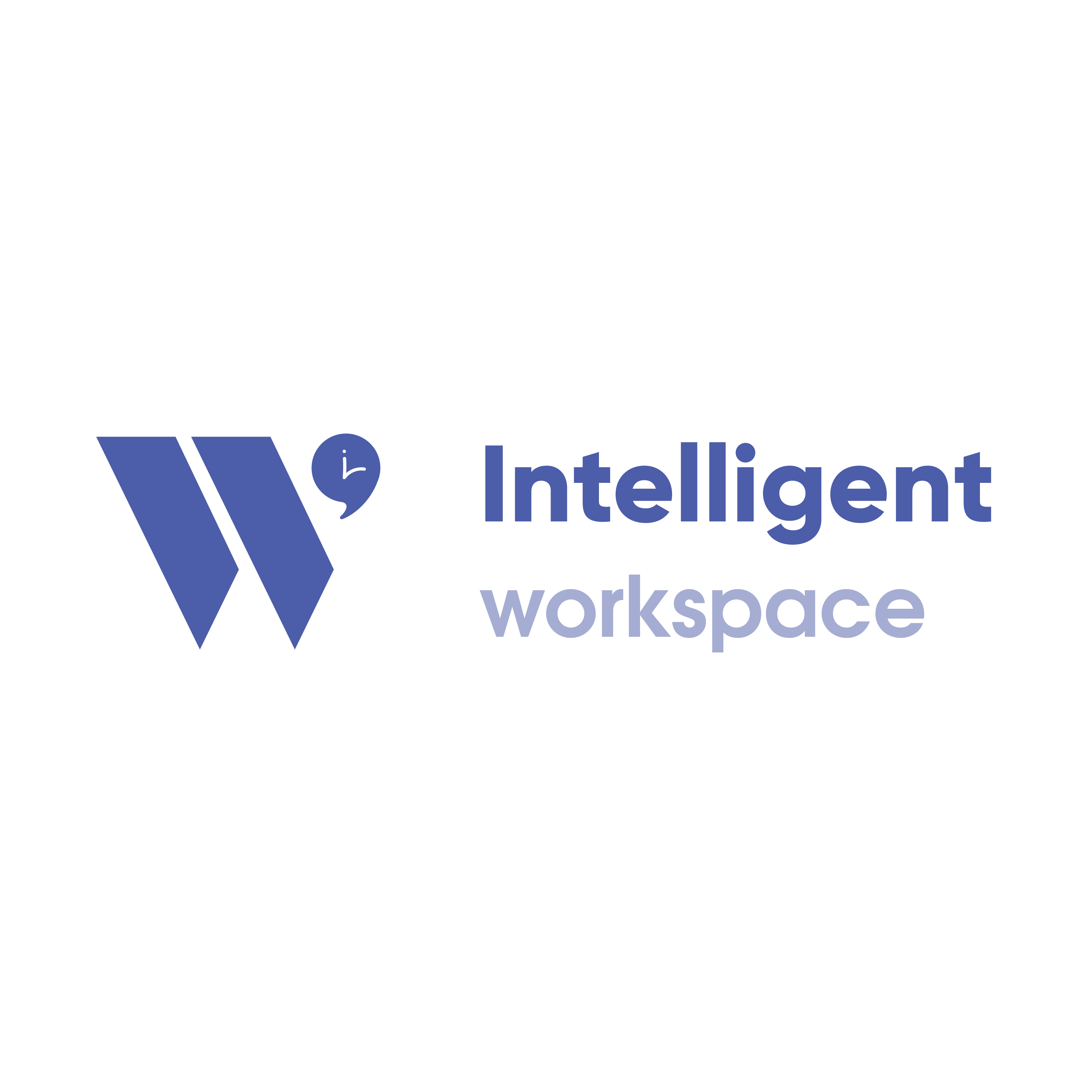CPAs and tax consultants' everyday lives were already hectic, from dealing with piles of
paperwork to streamlining tax workflow and managing multiple clients. Things were already
challenging, and along came COVID-19, which forced thousands of tax management firms to work
remotely and adopt newer processes to ensure continuity.
Naturally, most tax professionals primarily focused on their core competencies, such as filing
tax returns, preparing tax provision schedules, maintaining their tax database, etc. However, they
relied heavily on manual administrative tasks, which made things incredibly challenging when
transitioning into the new normal as they had to adopt several software solutions to remain relevant
and competitive.
After months of learning and adapting, many firms finally found the answer – a cloud-based
solution specifically designed to digitize, centralize, and automate tasks and data management for
tax professionals.
This post will share the benefits of a cloud-based practice management platform for tax professionals in the new normal.
What Is a Cloud-Based Practice Management Software?
A cloud-based practice management software for tax professionals is an online-hosted solution that grants users access to their documents and tasks on-demand from anywhere using any device as long as it has an internet connection. Using this software, tax professionals can carry out their everyday tasks digitally without meeting clients, dealing with physical paperwork, or investing heavily in servers or IT infrastructure. Specialized practice management software like AccountantWS offers a subscription-based solution that can foster agility, scalability, and efficiency for your tax management practice at very affordable prices.
7 Benefits of a Cloud-Based Tax Management Software
1. Real-Time, On-Demand Access to Information
One of the most significant benefits of cloud-based practice management software is that you can access client files, documents, and other information on-demand and in real-time. Due to the emergence of hybrid work models in the new normal, many tax consultants and CPAs aren’t always office-based for client appointments and daily tasks completion, so being able to access information from any device means you can work from anywhere and stay updated. Unlike desktop solutions, a cloud solution automatically syncs, uploads, and updates data, so you don’t have to do it manually on different devices.
2. Collaboration
When working in a medium or large firm, there may be instances where you'll need to collaborate with team members or colleagues in different departments. They can share documents, centralize access, chat, and work together on large cases using a cloud-based system. Overall, this improves the workplace environment by fostering real-time internal communication.
3. Third-Party Integration with Other Solutions
Industry-leading cloud-based practice management software, like AccountantWS, lets you integrate applications like Google Calendar for appointment management and Hello Sign for electronic signatures, etc. With these solutions, you can centralize all your tasks into one solution and digitize most, if not all, of your processes.
4. Data Security and Storage
You're also outsourcing security and storage when opting for cloud solutions, meaning the provider is accountable for both. Your client files, tasks, and data are stored on secure servers that are frequently backed up. This is something most small CPA firms cannot do since it requires investing in on-site servers that have to be regularly maintained, upgraded, monitored, and scaled. Modern cloud servers are encrypted and protected with sophisticated, industry-standard Cybersecurity protocols that prevent unauthorized access and minimize vulnerabilities.
5. Focus on Core Competencies
With cloud-based practice management software, you can focus on doing what you do best and not worry about the IT side of things. By taking your IT infrastructure to the cloud, you don’t need in-house IT intervention since the provider will take care of any issues, maintenance, and upgrades. This way, your system runs at optimal levels at all times, which results in little or no downtime and smooth functionality.
6. Organized Client Management
With a cloud solution, you can perform even the most challenging administrative tasks, such as data entry, organization, and storage, easily. Thus, retrieving client information and carrying out tasks becomes a walk in the park. Plus, solutions like AccountantWS offer unique features like autogenerated tax workflow and self-organized document management, which automatically creates tasks upon document upload and organizes all the files into folders to declutter the data. As a result, CPAs and users can save valuable time and energy, especially when managing multiple clients.
7. Client Convenience
Like any business, tax management firms also need to maintain a high client satisfaction rate to remain competitive. Adopting a digital solution that doesn't require clients to physically visit your firm is a game-changer in terms of convenience. Using a cloud-based practice management platform, they can upload and store their documents from the comfort of their homes and monitor the progress of their tax return filing and other processes.
Looking for the Best Cloud-Based Practice Management Software?
For many tax management firms and CPAs, the transition from conventional processes to digital ones
and remote work since COVID-19 has been challenging. Many professionals are struggling to meet their
needs using traditional solutions, especially with regards to privacy and security, broken APIs,
limited analytics, and outdated features. This is where AccountantWS, the most powerful cloud-based
practice management software for tax professionals, comes in.
With powerful APIs to support unlimited third-party integrations along with unique features,
such as autogenerated tax flow, self-organized document management, this solution is what you need
to become fully digital native and transform your practice.



